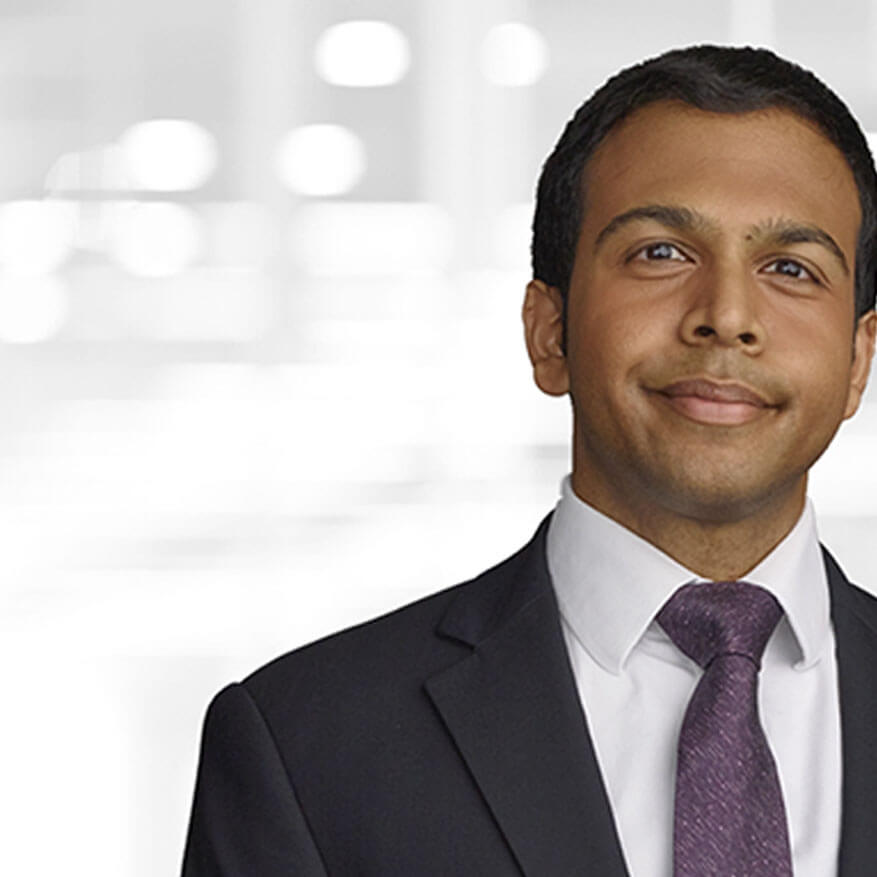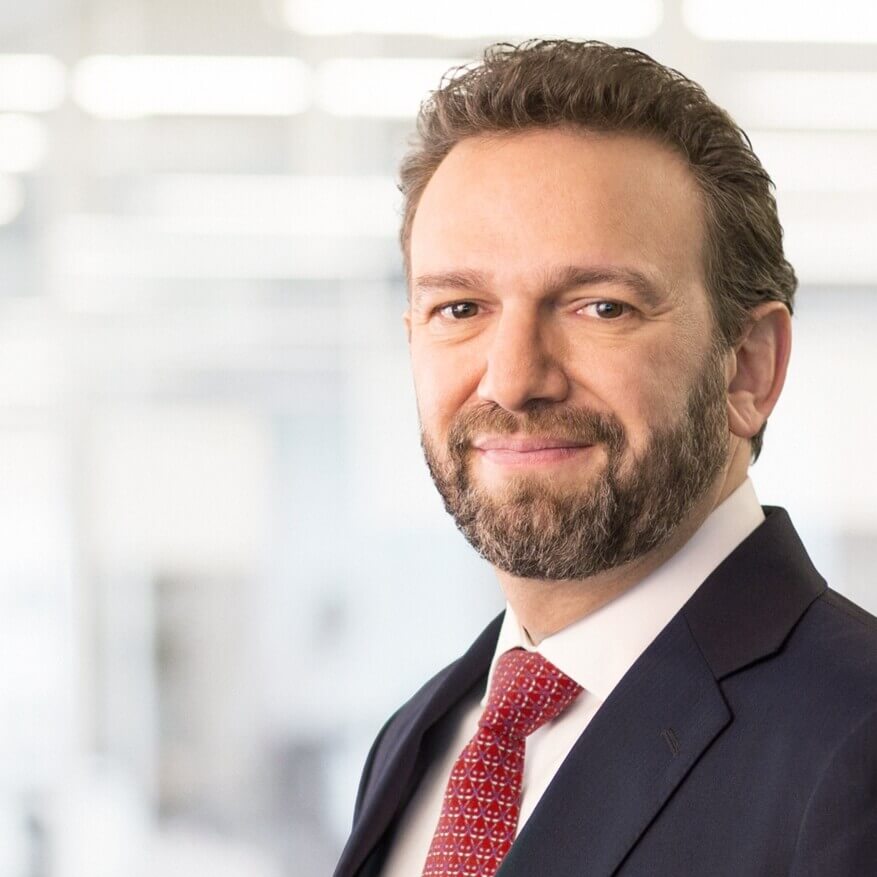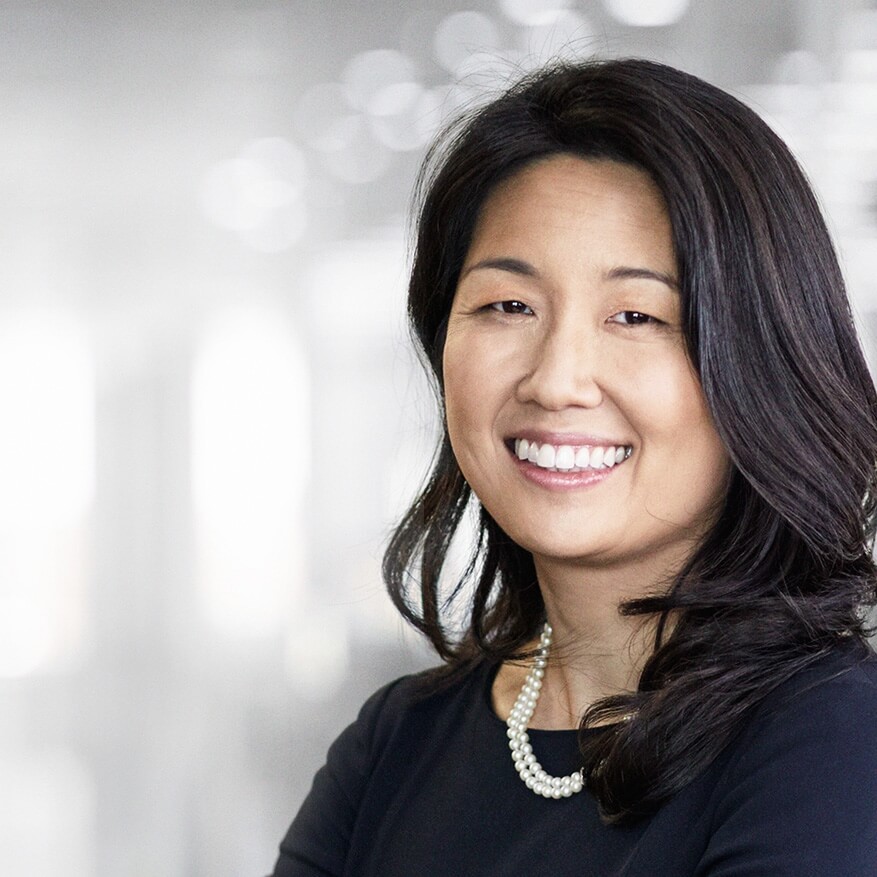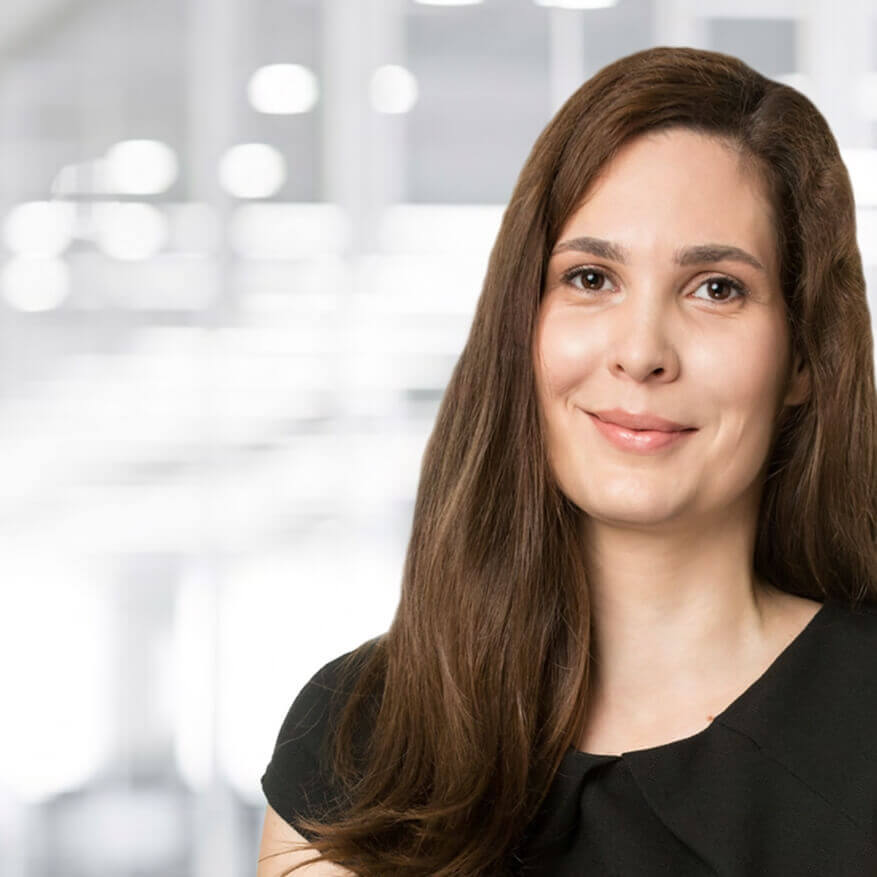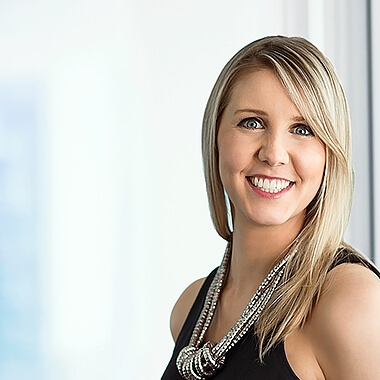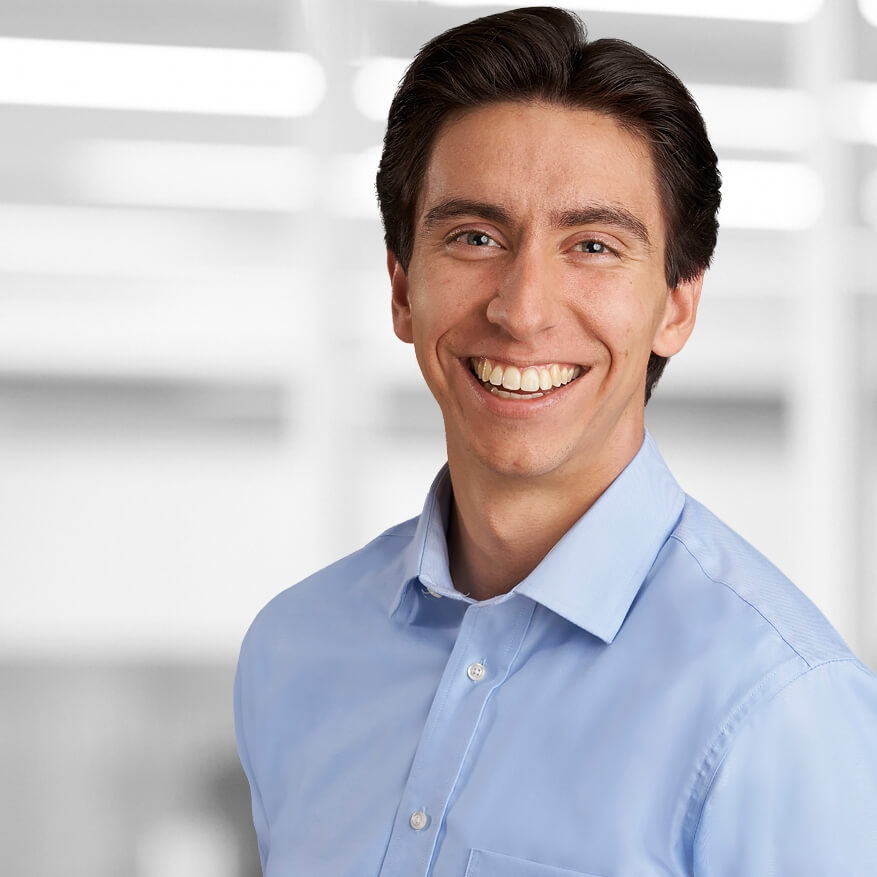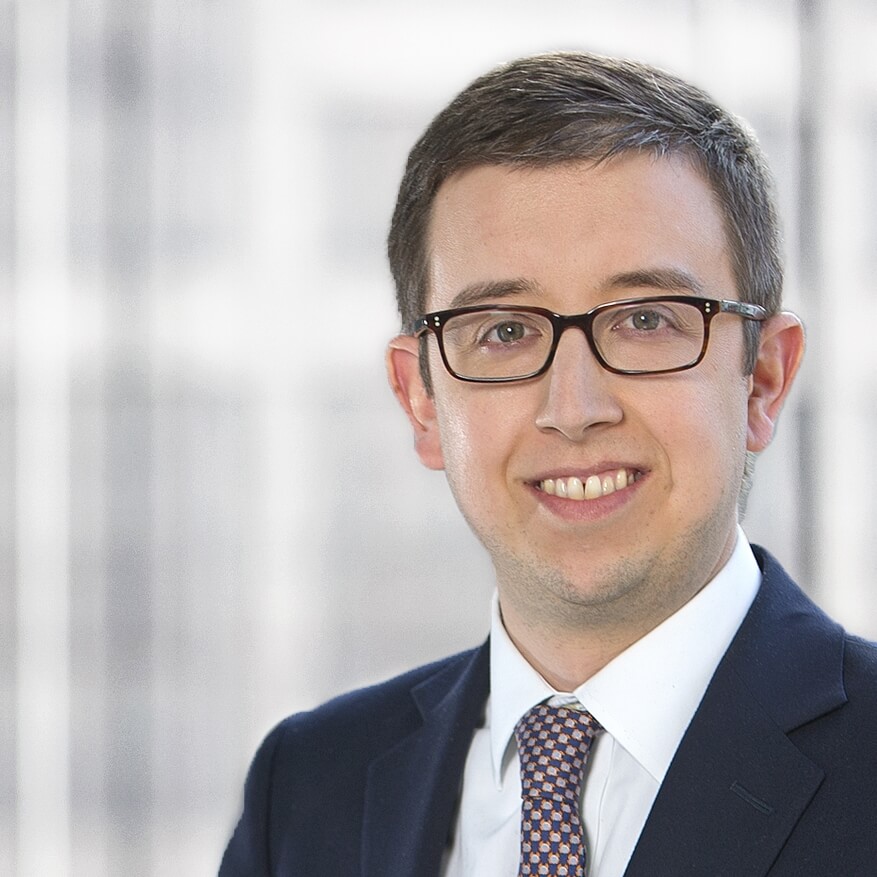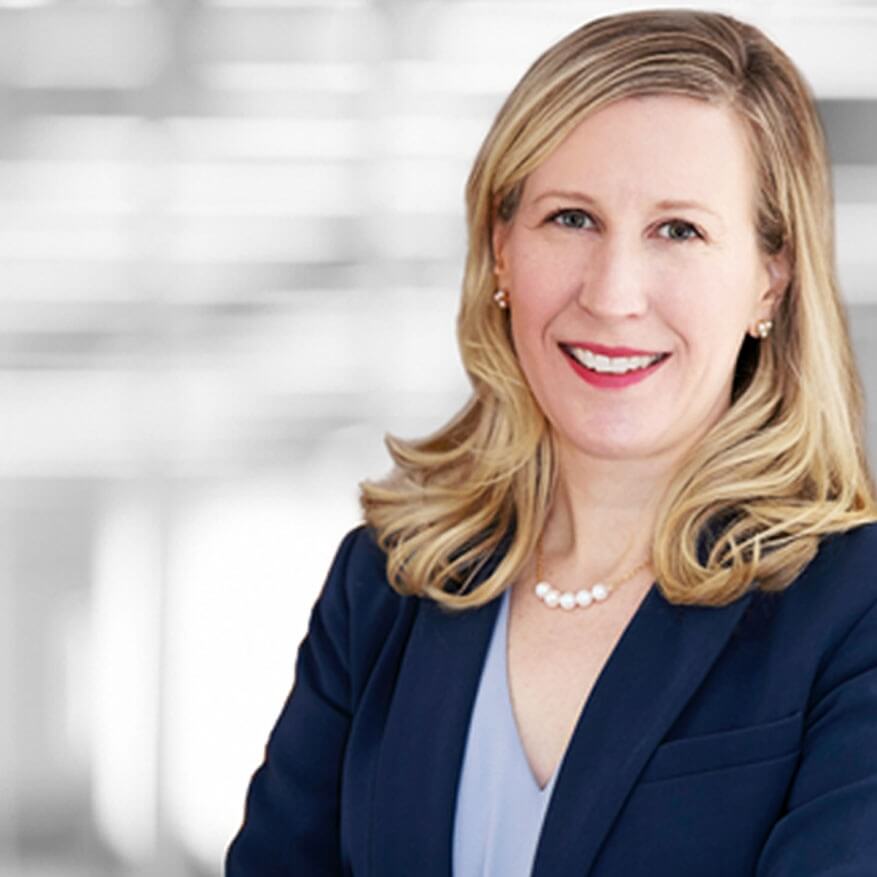Introduction
Lisa Shalett never wanted to work on Wall Street. “I went to Brown and was an angry, socially conscious kid,” she says with a laugh. “I was always the anti-Wall Street person. When I went to business school, I wanted to be a management consultant, to teach everyone how to do it better and differently.”
But when Shalett began thinking about starting a family, she realized that consulting had become too all-consuming. That’s when she took a job as a sell-side analyst and, she says, “I realized I love the puzzle that is the market every day.” In 2013, she joined Morgan Stanley as Head of Investments and Portfolio Strategies and today she serves as Chief Investment Officer for Wealth Management, juggling roles of market analyst, client advisor and team manager. “I never know what I’m going to face when I come in, but I know it’s going to engage me in the world around me. It’s what gets me jumping out of bed at 5:07 every morning.”
Read more about Shalett in the following interview.
Describe your role at the firm.
I often say to people that I'm one of the talking heads on CNBC trying to sift the signal from the noise, telling you what you should be doing at the highest level of advice, in terms of directing your portfolio. The second thing that I do is spend time with clients, trying to educate them, to convey the “Sleep at Night” factor, which is: Let me share with you from a factual and analytical perspective an additional view that helps contextualize your fear, your anxiety, your wishes, your hopes, your dreams. Sometimes people will come in and say, “I wanna make a lot of money,” or “Why can't you find me that stock that's gonna go up 20%?” I try to recalibrate expectations. Or people will say, “I wanna buy,” or “I wanna sell,” and we have to try to dig underneath that and say, “Look, is that prudent given your goals?”
How do you know to trust your insights?
It's a combination of things. One is obviously the extraordinary resources of this firm. We have a global footprint, we have a world-class, first-rate team that is doing analytic work that I have the unbelievable privilege of being exposed to every single day. And we have access to third-party independent research. What I always say to people is: “We're not just open-architecture in terms of the products that we deliver, but we're open-architecture intellectually.” So, it's resources, access—and look, I would like to think that my experience counts. It's what I tell the young people who work here all the time. They’ll say, “How do you know all this stuff?” And I just say, “Well, I've been doing this for 30 years.” And I'm the seventh person on our Global Investment Committee, and they have also been doing it for 30 years, or even longer in some cases.
Describe a good day.
The best days are when I have great client meetings. What makes a client meeting great is when at the end of it somebody will say, “Wow, that really helped. I really understood that.” Or, “Wow, you're the first person to explain that to me in language that I could understand, that was relatable to me, that resonated.” To me, that's as good as it gets—because you're touching somebody, you had impact.
What’s the best piece of advice you can give to a young person starting out?
Feedback is a gift. Feedback is not something to be feared, it's something to be embraced. The vast majority of people don't care enough to actually give you real feedback. So when people give you constructive feedback that might sting or feel unfair, more often than not, it has value. Take it. Don't overtake it, don't overthink it, don't give it weight that it doesn't deserve, but acknowledge that for somebody to give you constructive feedback, they actually have to care. And because they care, it's worth considering and saying, “What can I learn from this?”
How do you like to give back?
One way is that I sit on the board of iMentor. And I mentor a young lady in the Bronx who is just so incredible. She’s only in ninth grade and she wants to go to Yale. Then, I have a private foundation—it’s called blueprint.org—that I've set up so that I can work to help really small grassroots charities that need business advice: how to structure their business, how to grant-write, how to fundraise, how to become sustainable, as opposed to hand to mouth. I probably spend 10 hours a week on that.
What brought you to Morgan Stanley?
It's really simple. We have five unbelievably clear, unbelievably simple values. The minute I read them, they resonated with me, and I've been here six years because every single day, the people here really live them. It's legit. It’s the real real. I'm not saying we're not a for-profit enterprise or, you know, that things are always fair. But what I'm saying is, I want to work somewhere where our values are aligned and I can sleep at night putting my name on a business card next to theirs. It's a good place, and I'm proud to work here.

